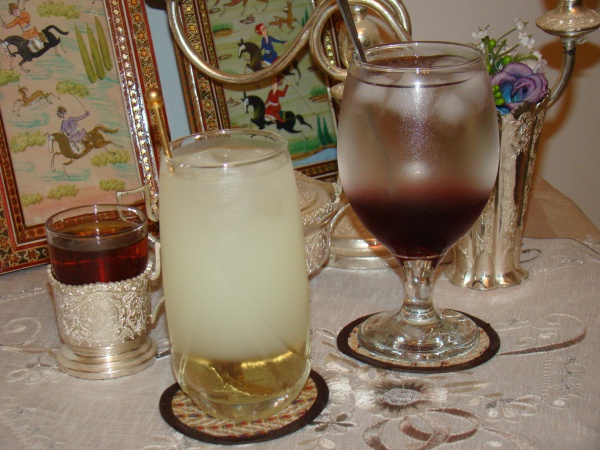Facts About Sharbat
Sharbat, also known by various names such as shorbot, serbat, or sherbet, has won the hearts of people across Western Asia, the Indian subcontinent, and Indonesia. This sweet and refreshing beverage is typically served chilled and is made from fruits or flower petals. Sharbat can be enjoyed either in its concentrated form, consumed with a spoon, or diluted with water for a thirst-quenching drink. Common ingredients in sharbat include basil seeds, rose water, fresh rose petals, sandalwood, bael, hibiscus, lemon, orange, mango, pineapple, falsa, and chia seeds.
Sharbat is particularly popular in countries like Iran, Turkey, Bosnia, various Arab nations, Afghanistan, Pakistan, Sri Lanka, Bangladesh, and India. It holds special significance during the month of Ramadan, as Muslims frequently break their fast with this delightful drink. Different regions feature various sharbat variations, such as the South Indian 'sarbbath,' popular in Kerala and Tamil Nadu. This version is made with Indian sarsaparilla syrup and lemon, and can be mixed with milk or soda water. In Indonesia, a drink called 'serbat' is commonly enjoyed during Ramadan, made with cold water, simple syrup, and shredded cantaloupe.
The term "sharbat" originates from the Persian word for a drink made of sugar and water. It has evolved from the Arabic word "sharāb" which originally meant "alcoholic beverage" to refer to a sweet non-alcoholic drink. Sharbat is believed to have originated in Persia and was introduced to India by the Mughals in the 16th century. Over time, various flavors and ingredients, including lime, honey, and a wide array of fruits and spices, have been added to sharbat recipes.
Sharbat offers a plethora of flavors like rose, tamarind, almond, wood apple, vetiver, and more. Each region has its unique variations and preparation methods. For instance, in Turkey, sherbet was incredibly popular during the Ottoman Empire and came in different forms like syrups, pastes, and tablets. Although sherbet production has declined in modern times, some regions in Turkey still produce syrups. Popular flavors in Turkey include tamarind, pomegranate, black mulberry, licorice, rose, and honey.

 Jordan
Jordan